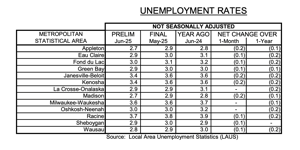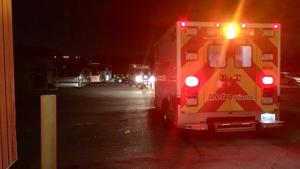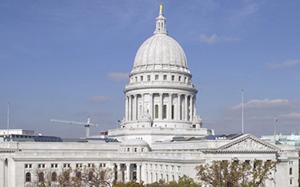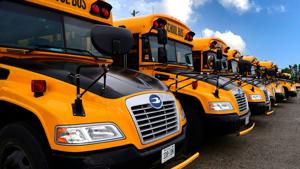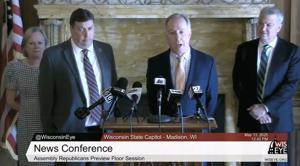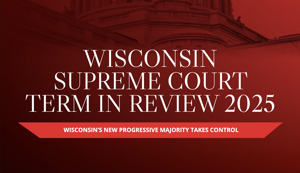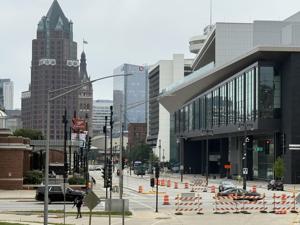(The Center Square) – Wisconsin saw the June unemployment rate go down in 24 of the state’s largest 35 cities over the month while the rates lowered in 63 counties and stayed the same in eight more, according to new numbers from the state’s Department of Workforce Development.
Wisconsin’s seasonally adjusted unemployment rate went down to 3.2% in June, less than the 4.1% national rate.
Wisconsin’s labor force participation rate went down to 65.1% in June while the national rate decreased slightly to 62.3%.
Wisconsin saw 10 of its largest metropolitan areas show unemployment decreases while three of those areas remained the same. Twelve of the metropolitan areas saw unemployment decreases over the year while the rate in Sheboygan remained the same.
Menominee, meanwhile, was the only county that saw a month over month increase in unemployment rate while the rate increased in just four counties year over year.
